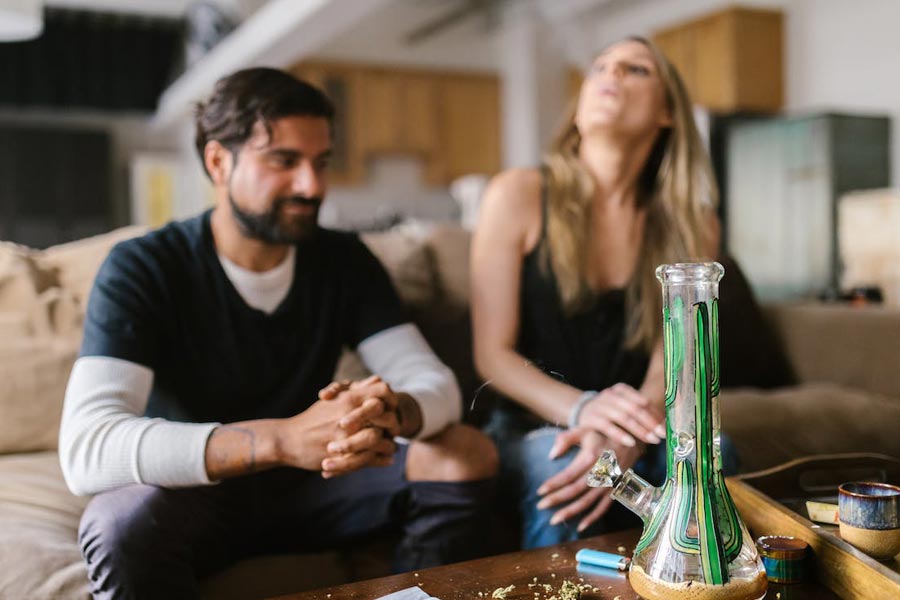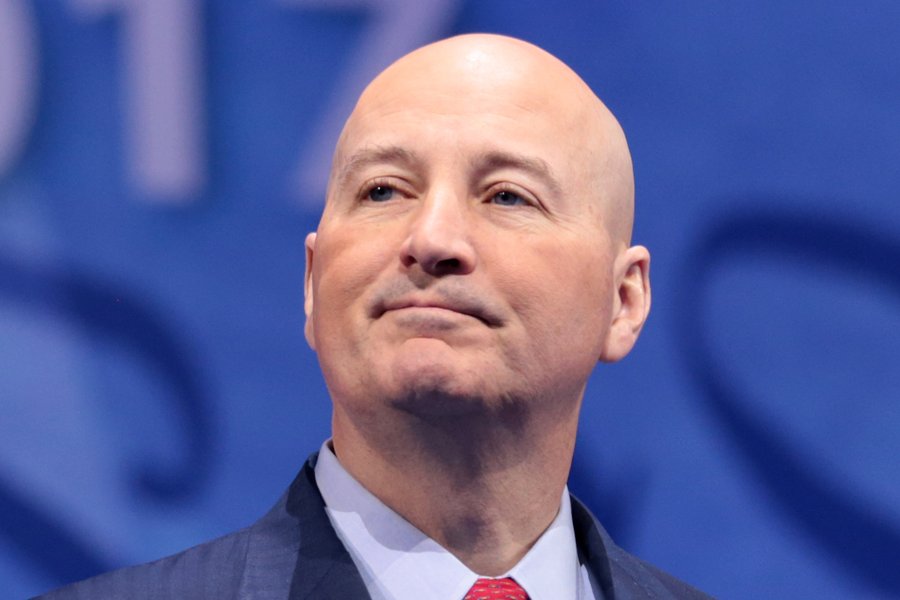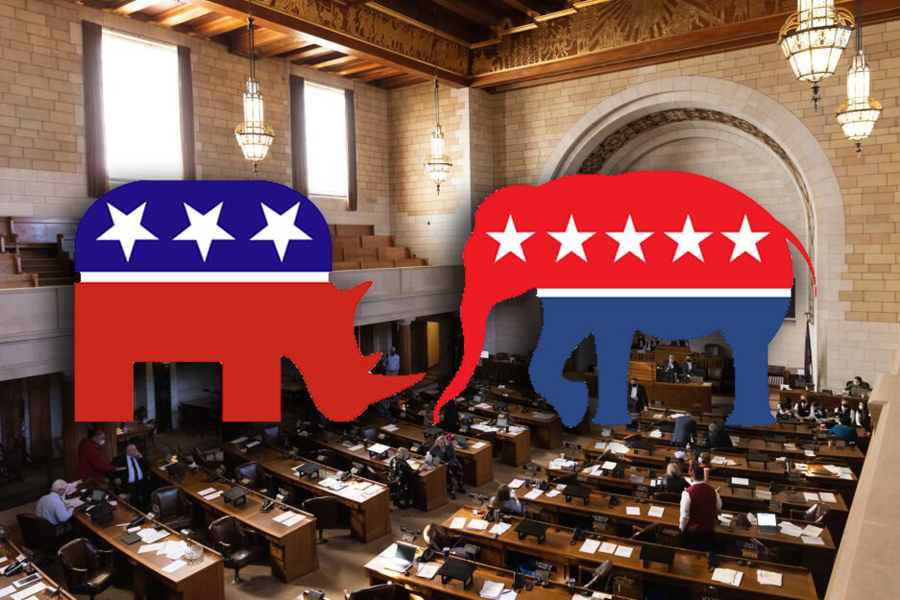U.S. Supreme Court Justice Oliver Wendell Holmes, Jr., popularized the old legal maxim that “hard cases make bad law.” This legal adage means that passing laws of general applicability in order to remedy a few extreme situations is a dangerous use of the legal system (and thus a very bad thing for society).
Yet this is just what Nebraska State Sen. Anna Wishart is proposing to do in the current session of the Unicameral: taking advantage of three young people suffering from seizure disorders (whom she regularly trots out at legislative hearings) in order to play upon the sympathies of fellow State Senators, all in hopes of achieving her dream of legalizing so-called “medical marijuana.”
As the so-called “Emperor of Hemp,” Jack Herer, candidly described it many years ago, the strategy of people like Anna Wishart is three-fold: first to legalize hemp (which I opposed but which was sadly done by Sen. Wishart and the Unicameral in a 2019 session), then “medical” marijuana, and finally “recreational” pot, with “medical” being used as a cover for recreational users until such time as “recreational” pot becomes legal.
Full “recreational” legalization, of course, is the ultimate goal of marijuana companies, which are part of a multi-billion dollar industry that preys upon young people and destroys families in the United States and Canada.
U.S. Surgeon General Jerome Adams said in 2019 there is “no such thing as medical marijuana.”
More anecdotally, a former Creighton University student told me that she came to college and professional school in Nebraska because of the passage of “medical” marijuana in her home state of Colorado while she was still in high school.
After “medical” marijuana became lawful in Colorado, she said, this young lady could smell marijuana in her high school building and just did not want to contend with that in college. As “Emperor of Hemp” Jack Herer had predicted, medical marijuana became a “cover” for those using it recreationally in our adjoining state of Colorado, in this case high school students.
The result of legalization, however, is bad, as evidenced by the increased deaths, injuries and property damage from motor vehicle accidents in states which have legalized recreational marijuana.
Finally, it is important for Nebraskans to understand a fundamental truth about pot. As U.S. Surgeon General Jerome Adams said in 2019, there is “no such thing as medical marijuana.”
Although Dr. Adams did concede that some of marijuana’s ingredients may contain “medicinal properties and medical promise,” it is the job of the CDC to oversee careful and thorough testing of the plant for efficacy and safety before using any part of it in medical contexts.
Until such efficacy and safety are confirmed, the Nebraska Unicameral should, as Nancy Reagan always said, just say “No” — and protect Cornhusker children and families from Sen Wishart’s irresponsible obsession with legalizing marijuana under the guise of a medical remedy for rare disorders.




